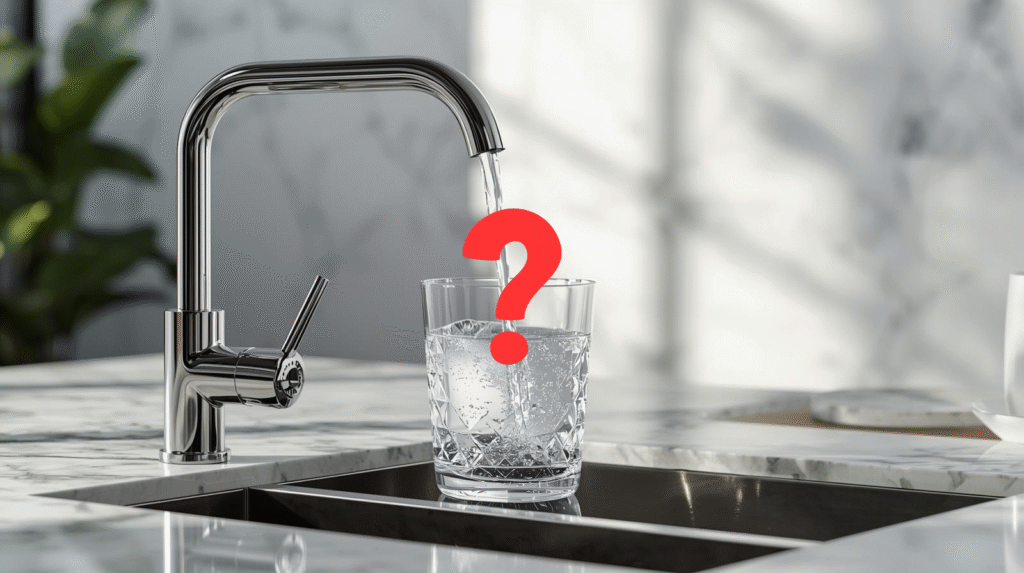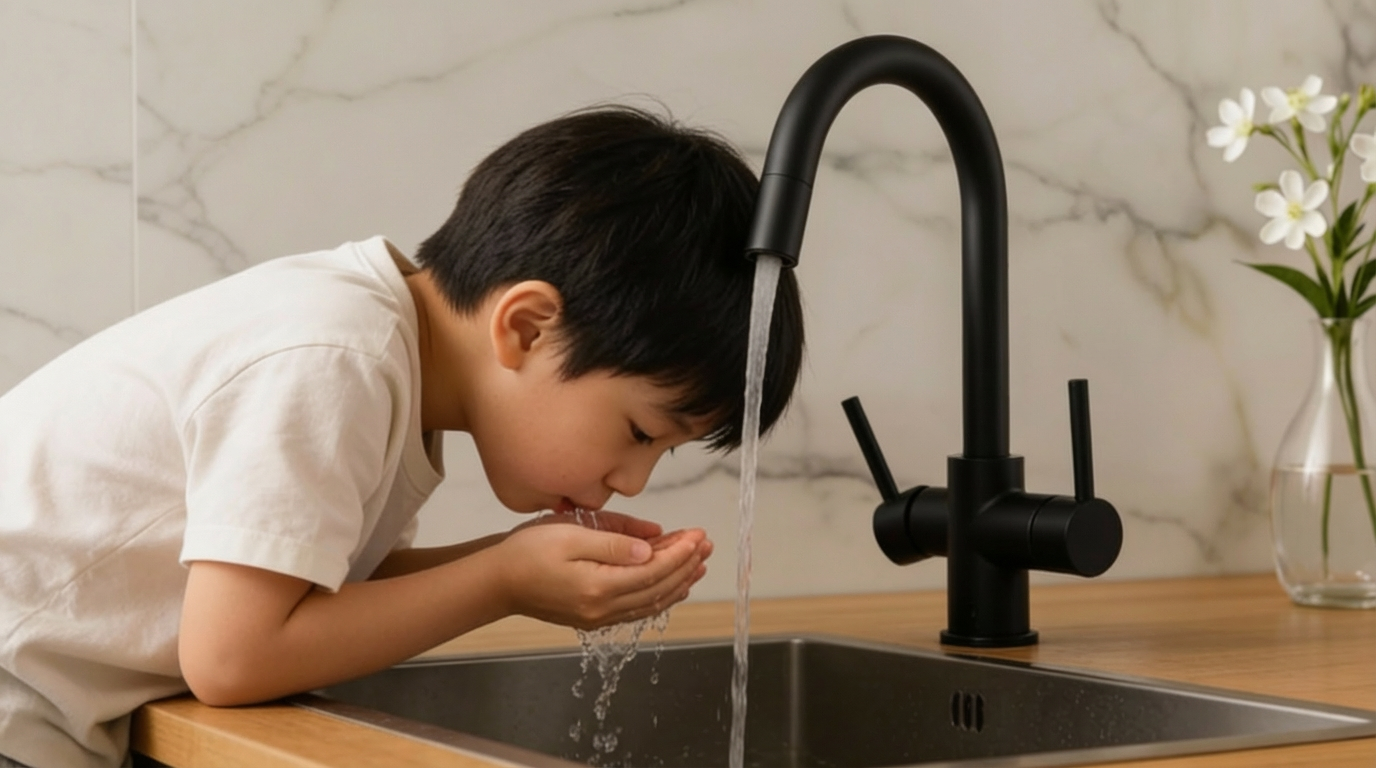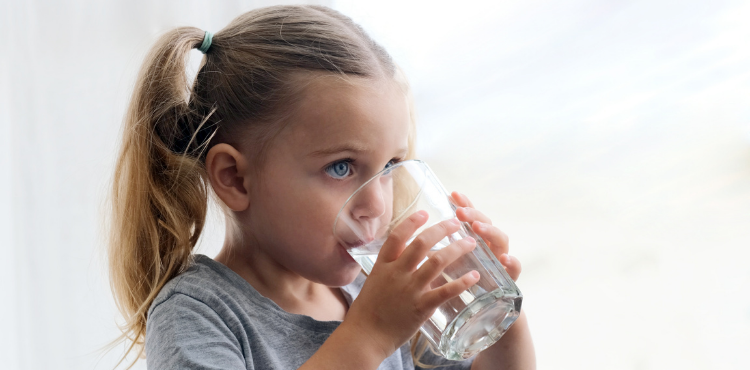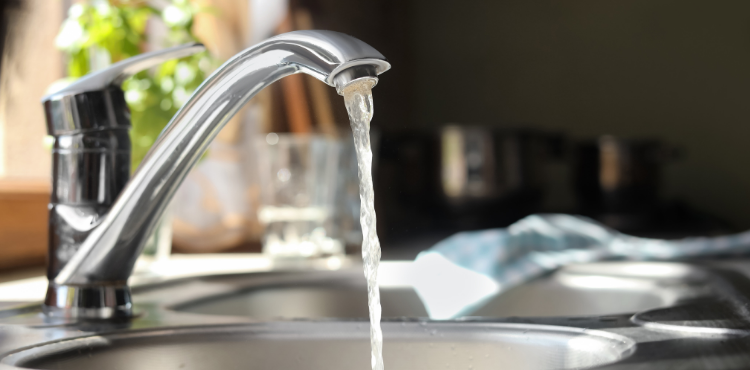At The Good Water Group, we’re not here to sensationalise. We’re here to help Australians understand the risks, cut through the confusion, and make proactive decisions that protect their families.
What Is Naegleria fowleri?
Naegleria fowleri is a microscopic organism that lives in warm freshwater and soil. It’s naturally occurring, and thankfully rare, but when it enters the body through the nose (typically during swimming or bathing in contaminated water), it can travel to the brain and cause a condition called primary amoebic meningoencephalitis (PAM).
The infection is almost always fatal.
It cannot infect you from drinking water, but it can be dangerous if contaminated water is used in neti pots, nasal rinses, or enters the nasal passages in the bath or shower, which is where concern about the water supply comes in.
What Happened in Augathella?
Murweh Shire Council detected Naegleria fowleri during routine monitoring of drinking water in the town of Augathella.
As a precaution, the community was told to:
- Boil all water before drinking or cooking
- Avoid letting water get up their nose, including while showering, bathing, or swimming
- Use boiled or distilled water for nasal rinses or medical devices
Council is now chlorinating the water and flushing the system, but the incident has once again raised questions about the safety and stability of rural and regional water systems.
Why This Matters Beyond Queensland?
While Naegleria fowleri is rare, it thrives in warm conditions, and as Australia experiences longer, hotter summers, conditions for microbial contamination become more favourable.
And this isn’t an isolated story. In recent months alone, Australians have been warned about:
- PFAS chemicals in major cities
- Chlorine-resistant bacteria in rural areas
- Heavy metals and sediment in older pipelines
So even if this specific organism never reaches your suburb, the pattern is clear:
Our water systems are under pressure, and vulnerabilities are being exposed.
What Can You Do?
The good news is, you’re not powerless.
At Good Water Group, we help families install multi-stage whole-home filtration systems and reverse osmosis drinking water systems that give you control over what flows into your home.
While no single system can remove every potential threat, here’s what the right combination can do:
- Filter out bacteria and amoebas through ultrafiltration and UV options
- Eliminate chlorine, PFAS, sediment, and heavy metals
- Protect your family during boil-water alerts and infrastructure failures
Water is essential, but that doesn’t mean we should accept it with uncertainty.
Final Thought
Australia is a beautiful, sunburnt country. But it’s also a country where extreme weather, ageing infrastructure, and chemical pollution are starting to show up in one of our most basic needs: clean water.
We’re not here to scare you. We’re here to say:
You have the right to know what’s in your water.
And the ability to do something about it — today.
Want to protect your home against the unknown?
Enquire Now with The Good Water Group.
Because water should never feel like a gamble.







